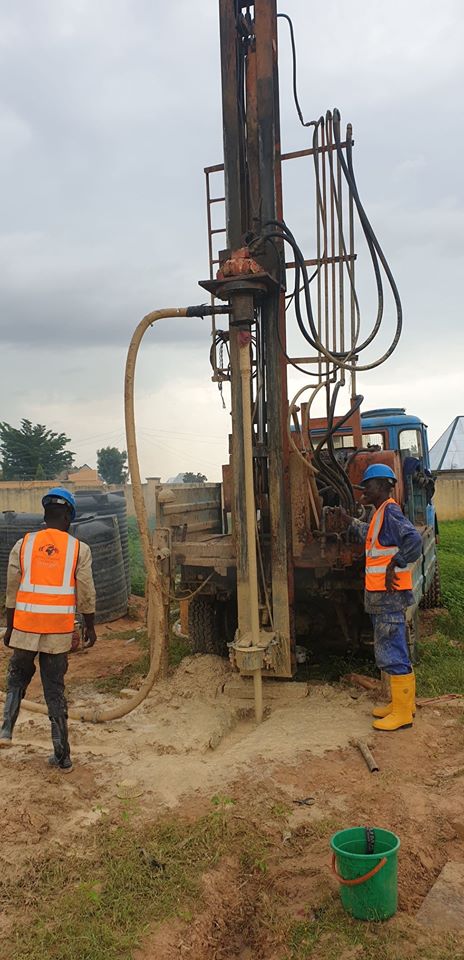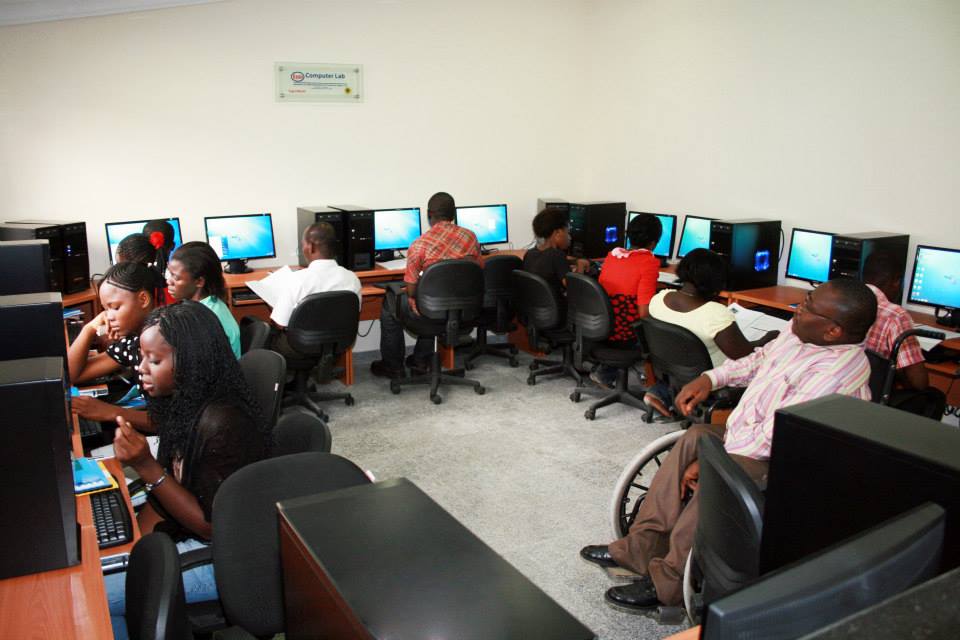Education
Education in Nigeria
.jpg)
Development Africa is committed to the principle that all children have the right to quality education, and that education – alongside health – is the bedrock of sustainable development. According to Unicef*, one in every five of the world’s out-of-school children live in Nigeria. Around 10.5 million children between the ages of 5 and 14 are not in school in Nigeria, and only 61% of children aged 6 to 11 regularly attend primary school. This is despite the fact that primary education in Nigeria is, officially, free and compulsory
For Nigerian girls, the picture is even more bleak, as more female children are marginalised from education in Nigeria than males. In states in the north-east and the north-west, more than half of girls are not in school.
The insurgency in the north of the country in particular has resulted in the destruction of educational infrastructure and school closures. According to Unicef, at least 496 classrooms have been destroyed in the north-east of the country, and 1,392 classrooms have been damaged but repairable. There is also a shortage of qualified teachers in Nigeria – particularly in areas of conflict and insecurity.
Development Africa works to help ameliorate the education crisis in the country through two approaches: firstly, through the building, rebuilding, or refurbishing of educational infrastructure to ensure that children have a secure and conducive environment in which to learn; and secondly, by working with teachers in Nigeria to improve skills and capacity.
*Unicef (https://www.unicef.org/nigeria/education)
Educational Infrastructure Development

In order to address specific gaps in the public educational system, Development Africa’s Educational Infrastructure Development programme designs and builds sustainable educational facilities in target locations. This involves extensive research and planning, as well as engagement with communities to identify key needs and requirements.
Development Africa also refurbishes and equips existing schools suffering from infrastructural decay or collapse to improve educational infrastructure and capacity throughout the country.
Depending on needs assessment, Development Africa’s Educational Infrastructure Development programmes may include the construction or refurbishment of new classrooms, examination halls, administration blocks, science laboratories, libraries, ablution facilities, and male and female student dormitories.
Teacher Training

Increasing access to learning opportunities and improving education delivery methods are two of Development Africa’s key objectives.
High-quality and effective teaching is vital to student success. Through its teacher training programmes, Development Africa implements various training tools and curriculums to enhance teaching skills. The training lectures are interactive sessions with groups of teachers who learn new teaching techniques, discuss alternative educational methods, and review acceptable practices. With better tools and strategies at their disposal, teachers are able to communicate and connect with students more effectively, promoting a productive and dynamic learning environment that inspires students to excel.